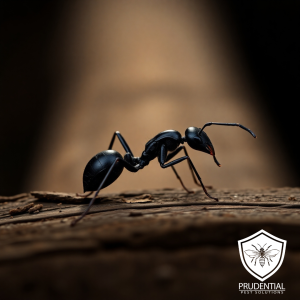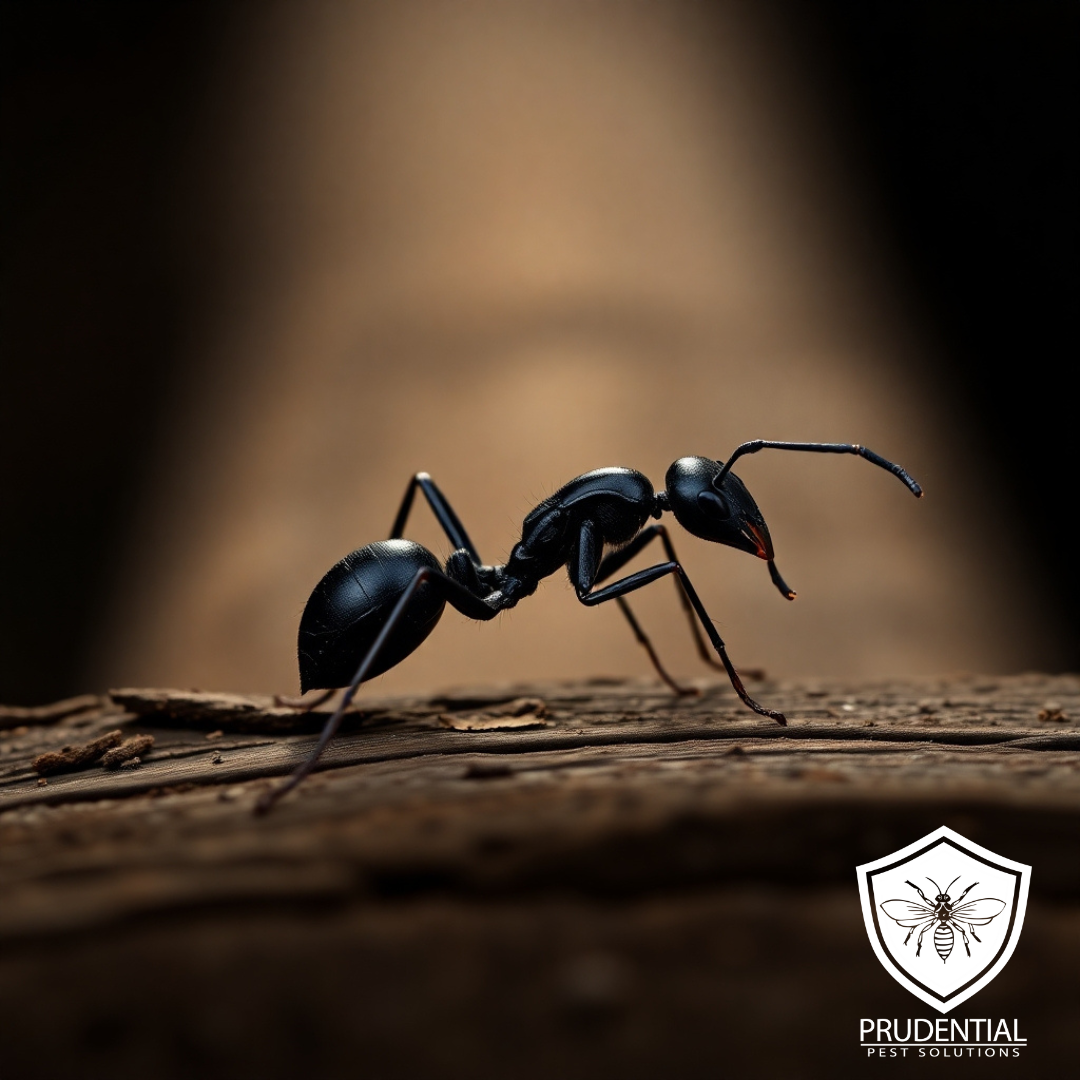We’ve all had them at some point, those tiny ants in the kitchen. The type of ants where the yoga forums tell you to use patchouli oil and vinegar to treat. After spraying natural chemicals, you move onto a can of whatever insecticide they sell at your hardware store but the ants remain. You keep your kitchen clean, so why do you have ants?

carpenter ants
The best method to treat those small ants in the kitchen is to use an insecticidal bait. Spraying this type of ant can cause the colony to become distressed but not be eradicated. You might think, “who cares if they become distressed?”. If the colony becomes distressed, it can split the colony in order to survive. If the colonies (plural now) are allowed to continue to flourish, your spraying just doubled the ants you have. These ants are mostly moisture driven so it doesn’t matter that your kitchen is immaculately clean.
Using a bait type insecticide allows the ants to consume the bait and transfer it to other members of the colony. In the few hours after you apply the bait, you will see more ants. That’s a good thing to see. It means that the ants like the bait, are eating it, and are taking it back to their friends and family. Resist the urge to kill these ants and allow them to continue to feed. After a few days you should see less and less ants.
The underlying cause for this issue is moisture. Maybe you’ve just had a spell of rain where the ground is saturated. Maybe you have some plumbing issues behind the sink or below the kitchen which is providing a moisture rich environment. If you are able to locate and eliminate the moisture, you will help prevent future infestations. Of course, a pest control professional has the tools, and the knowhow to find these areas and protect your home.

Comments are closed